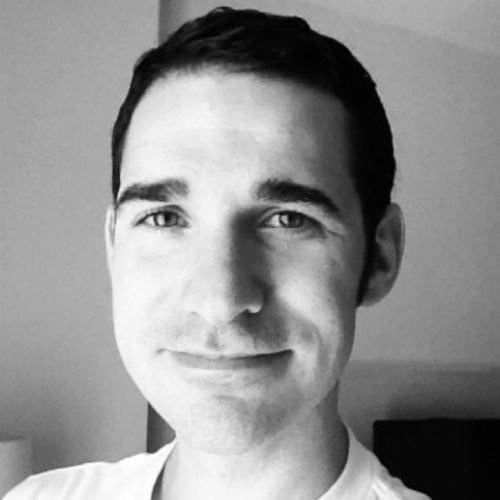 Cars pass Manhattan’s Bellevue Hospital where Craig Spencer, a Doctors Without Borders physician who recently returned to the city after treating Ebola patients in West Africa, was rushed to Thursday, Oct. 23, 2014, in New York.
Cars pass Manhattan’s Bellevue Hospital where Craig Spencer, a Doctors Without Borders physician who recently returned to the city after treating Ebola patients in West Africa, was rushed to Thursday, Oct. 23, 2014, in New York.
A person returning from an Ebola-affected area is not required to self quarantine and can continue living a normal life, Doctors Without Borders said Thursday, following an announcement that a doctor who worked with the medical organization in West Africa had become the first person to test positive for Ebola in New York City.
Dr. Craig Spencer, 33, returned to New York from Guinea on Oct. 17. Upon his return, he went on with his normal life—catching an Uber, taking the subway and going to a bowling alley in Brooklyn— before being diagnosed with the deadly disease at New York City’s Bellevue Hospital, after having a fever Thursday morning.
As Spencer’s many public outings since his return home were revealed publicly, residents of New York started to show concern.
However, Doctors Without Borders confirmed Spencer followed their guidelines for health care workers as required, even spending the majority of time in his apartment. Doctors Without Borders does not believe Spencer was a public health threat.

The mayor of New York, Bill de Blasio, along with government and health officials said at a press conference on Thursday night residents of New York should not be alarmed. They repeated advice that the disease is extremely hard to contract without having immediate contact with bodily fluids.
Doctors Without Borders stressed to Mashable in an emailed statement that a person is not contagious until symptoms are present.
“Due to a person not being contagious until symptoms are present, the doctor can return to life in the community,” the international organization said. “As long as a returned staff member does not experience any symptoms, normal life can proceed. Family, friends, and neighbors can be assured that a returned staff person who does not present symptoms is not contagious and does not put them at risk.”
The organization has strict guidelines they advise a doctor returning from an Ebola-infected area to follow. These include taking a course of malaria tablets (malaria symptoms can mimic Ebola’s), checking for a fever twice a day, being aware of Ebola symptoms and staying within four hours of a hospital with isolation facilities.
“These guidelines are consistent with those provided by the Centers for Disease Control and Prevention to people returning from one of the Ebola affected countries in West Africa,” the organization said in the statement.
The doctor is not required to self-quarantine for the 21-day incubation period, in which the disease can take to show symptoms.
“Self quarantine is neither warranted nor recommended when a person is not displaying Ebola-like symptoms,” the company wrote.
Spencer did not have any symptoms of the disease besides a feeling of fatigue, which began on Oct. 21.
“At the immediate detection of fever on the morning of October 23, 2014, he swiftly notified the [Doctors Without Borders] office in New York. He did not leave his apartment until paramedics transported him safely to Bellevue Hospital in Manhattan, and he posed no public health threat prior to developing symptoms,” the organization said.
Before Spencer, not a single doctor out of the 700 employed by Doctors Without Borders has returned to their country of origin with the disease. Two staff members were evacuated to the U.S. in August for treatment after they contracted Ebola in West Africa. Both have now fully recovered.
